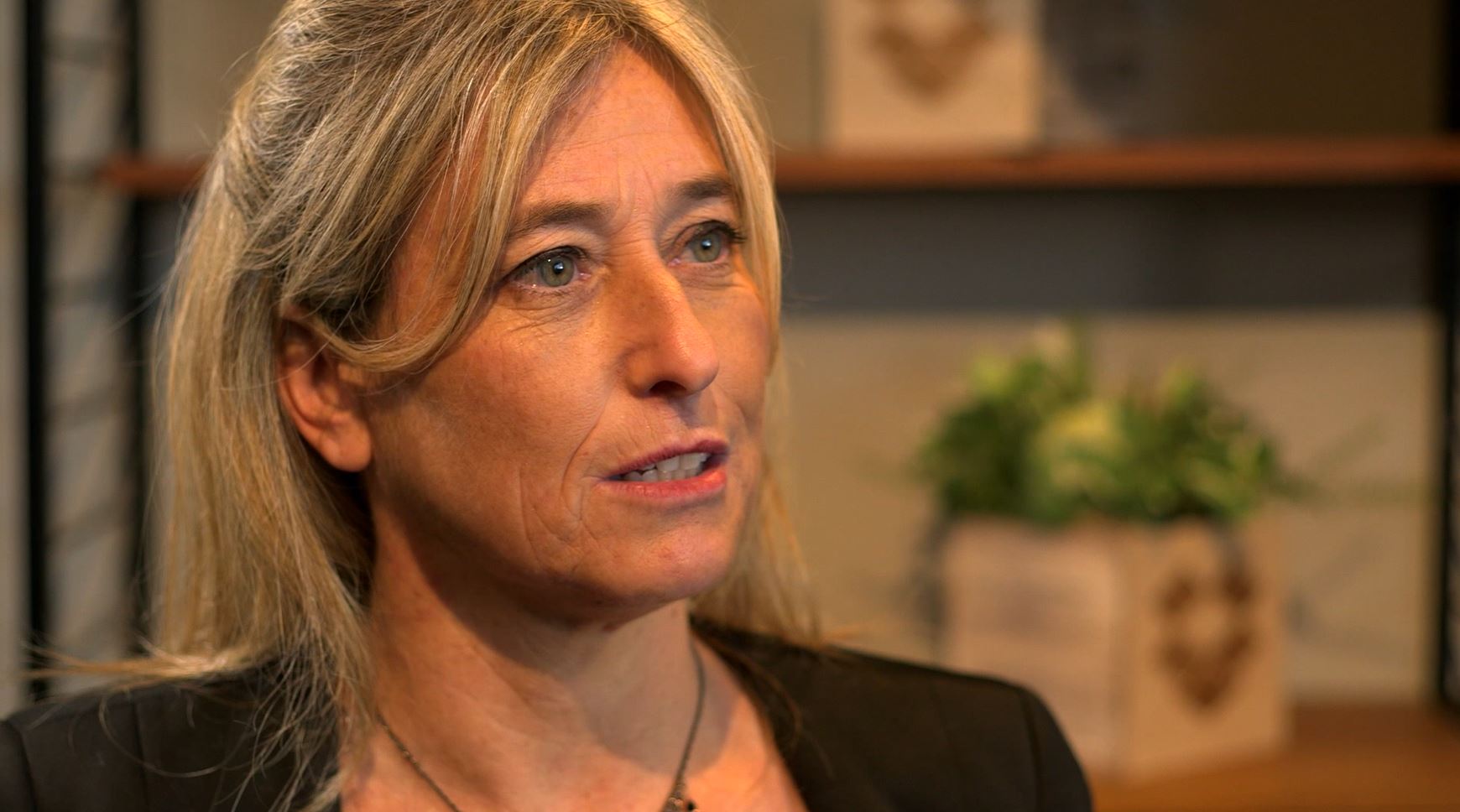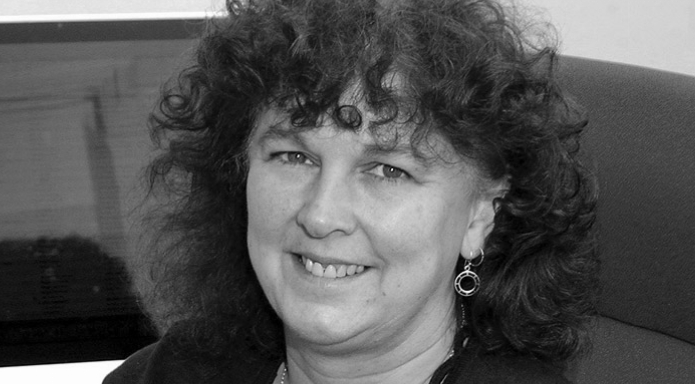Definitions of the word “team”
The culture of work is changing all the time, but arguably we’ve got digital to thank for one of the biggest transformations: the meaning of the word “team”.
Once used to describe a physical and geographical group of people working together, the concept of “team” has undergone radical change thanks to the collaborative tools offered by cloud.
Over the last decade we’ve seen a huge growth of small businesses, with compact – or non-existent – physical office space, who are able to cherry pick the best talent and take on the big enterprises from anywhere in the world, thanks to cloud.
Clearly the biggest opportunities here are for those small businesses who would never have had the infrastructure necessary to bring their teams together in the real world. During our work to support small businesses, we’ve been talking to several who have seen this transformative effect for themselves.
From Garsington Opera’s ability to appear “bigger than we are” to digital accountancy firm Cloud Bookkeeping’s network of 20 “work from home” franchisees – there are many examples of how teams are formed today.
And, as Johnny Langridge from Garinsgton Opera says, it’s “with the use of something like Dropbox, we’re able to work with external collaborators as if they’re within our four walls.”
But is a better, more collaborative team, actually better for business? Watch the two minute video to hear from Garsington Opera, Cloud Bookkeeeping and Catsnake, about what the word ‘team’ means for their small business.





